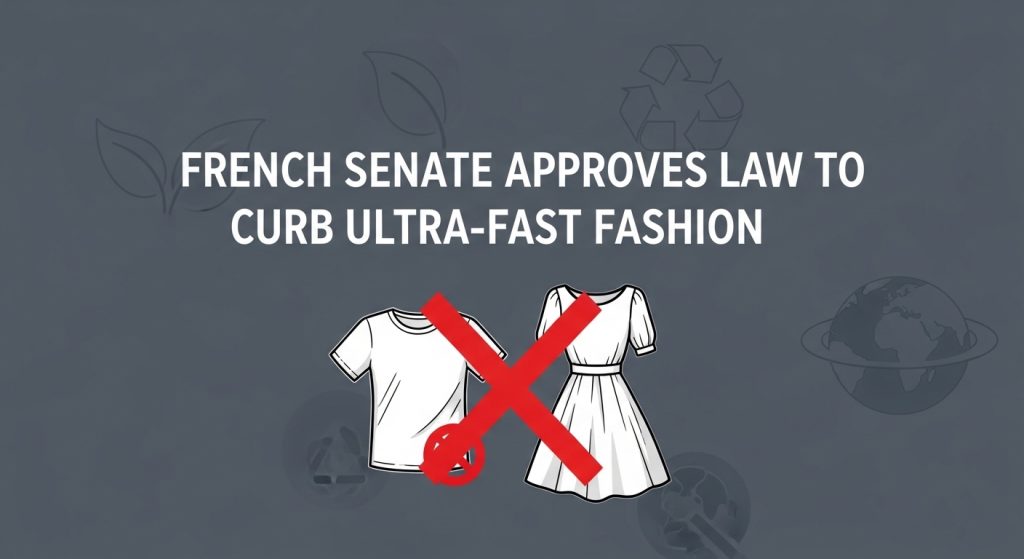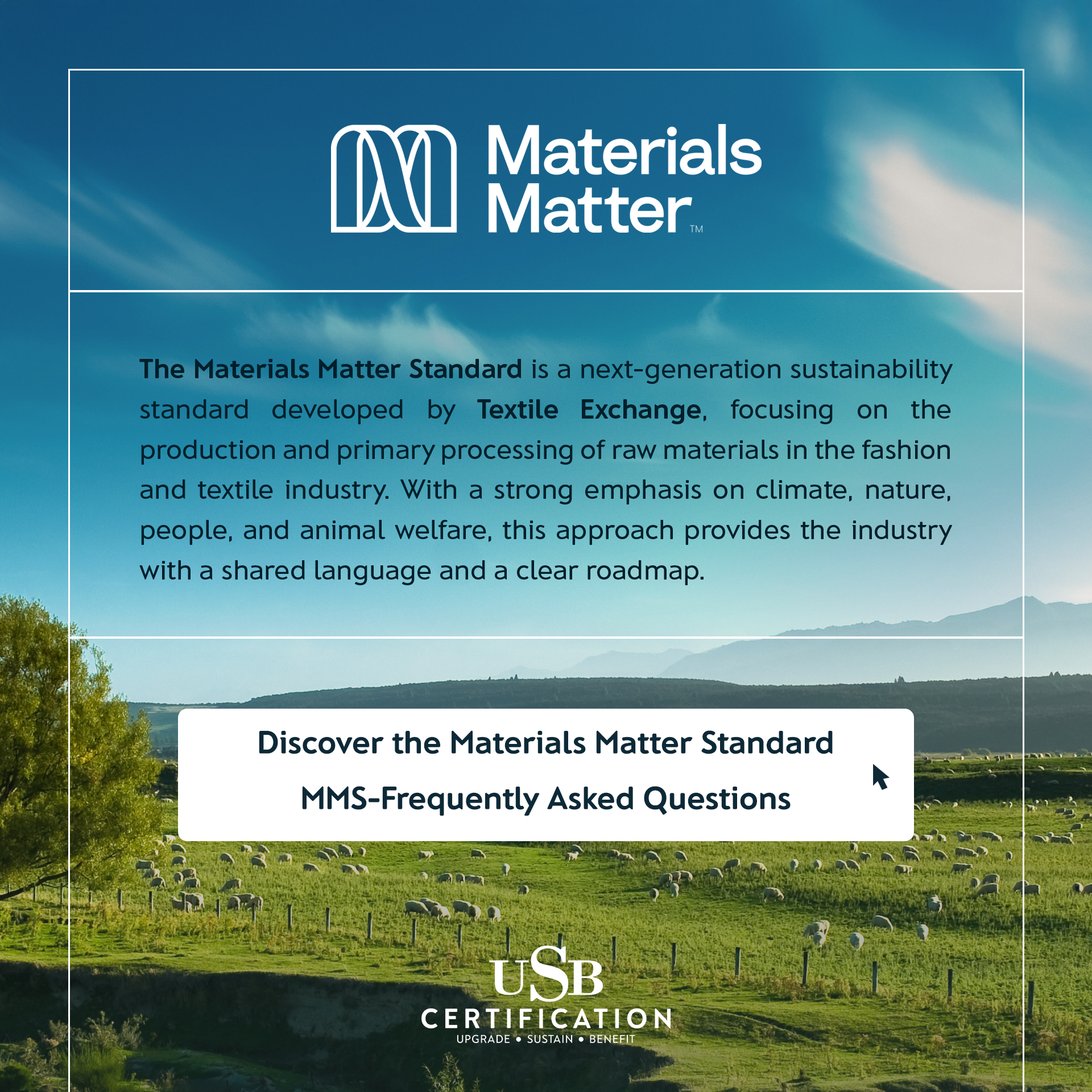On June 10, 2025, the French Senate overwhelmingly approved a law targeting ultra-fast fashion platforms such as China’s Shein and Temu, imposing advertising bans and new environmental obligations. The legislation seeks to address the environmental harm caused by mass-produced, low-cost clothing and introduces specific restrictions for non-EU platforms. The Senate version distinguishes between “ultra” fast fashion and European “classic” fast fashion brands like Zara and Kiabi, drawing criticism from environmental groups for being too lenient. According to the proposal, by 2030, non-compliant products could face penalties of at least €10 per item or up to 50% of the item’s price. Senator Jean-Francois Longeot stated that the bill is aimed at holding companies accountable for their environmental and social responsibilities. Shein defended its model as environmentally sustainable and criticized the legislation. The bill will now be submitted to the European Commission, followed by the formation of a joint committee between the Senate and the lower house to reconcile differences. Supporters hope it will serve as a model across Europe, although some environmental advocates argue it does not adequately address the root causes. In this context, struggling French fast-fashion brands such as Jennyfer and NafNaf may benefit from the more balanced competitive environment that the law could create.








